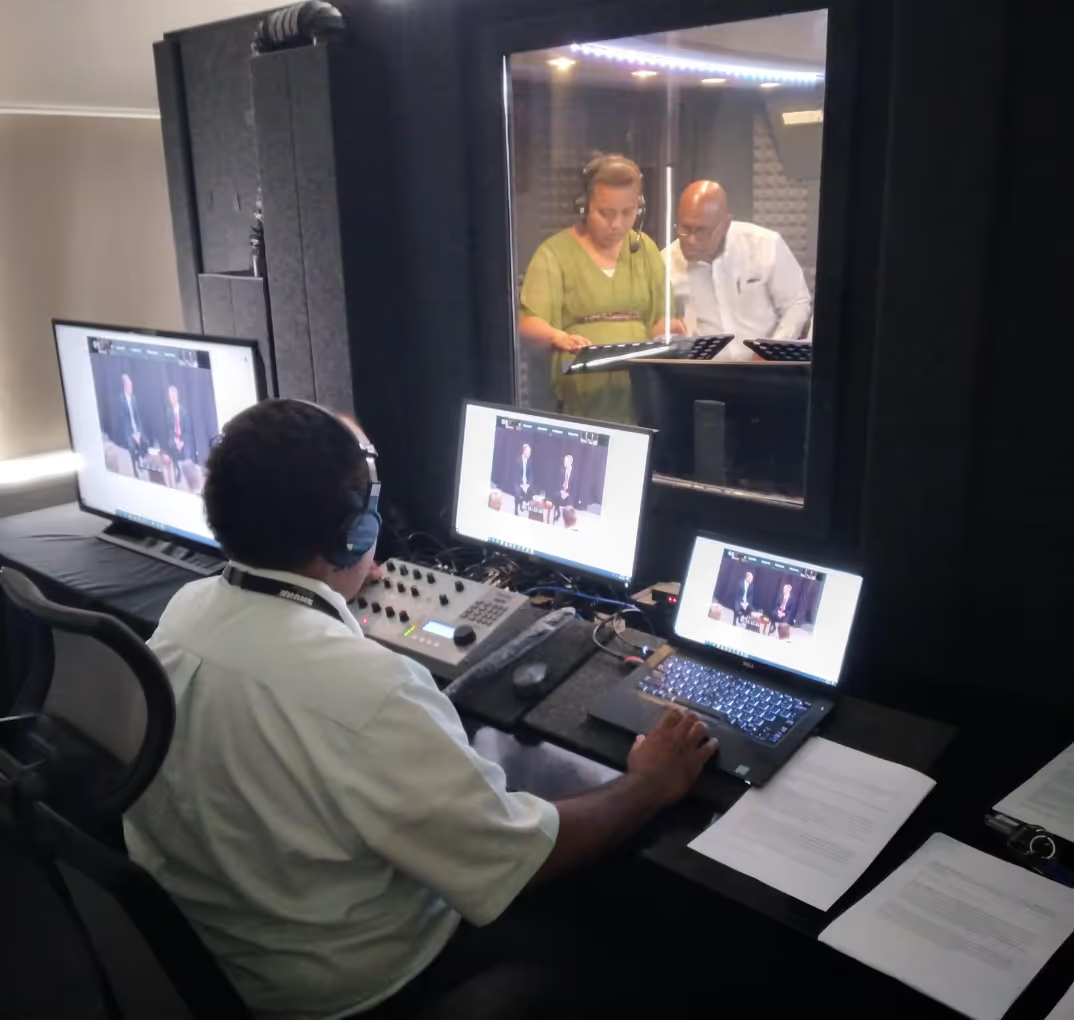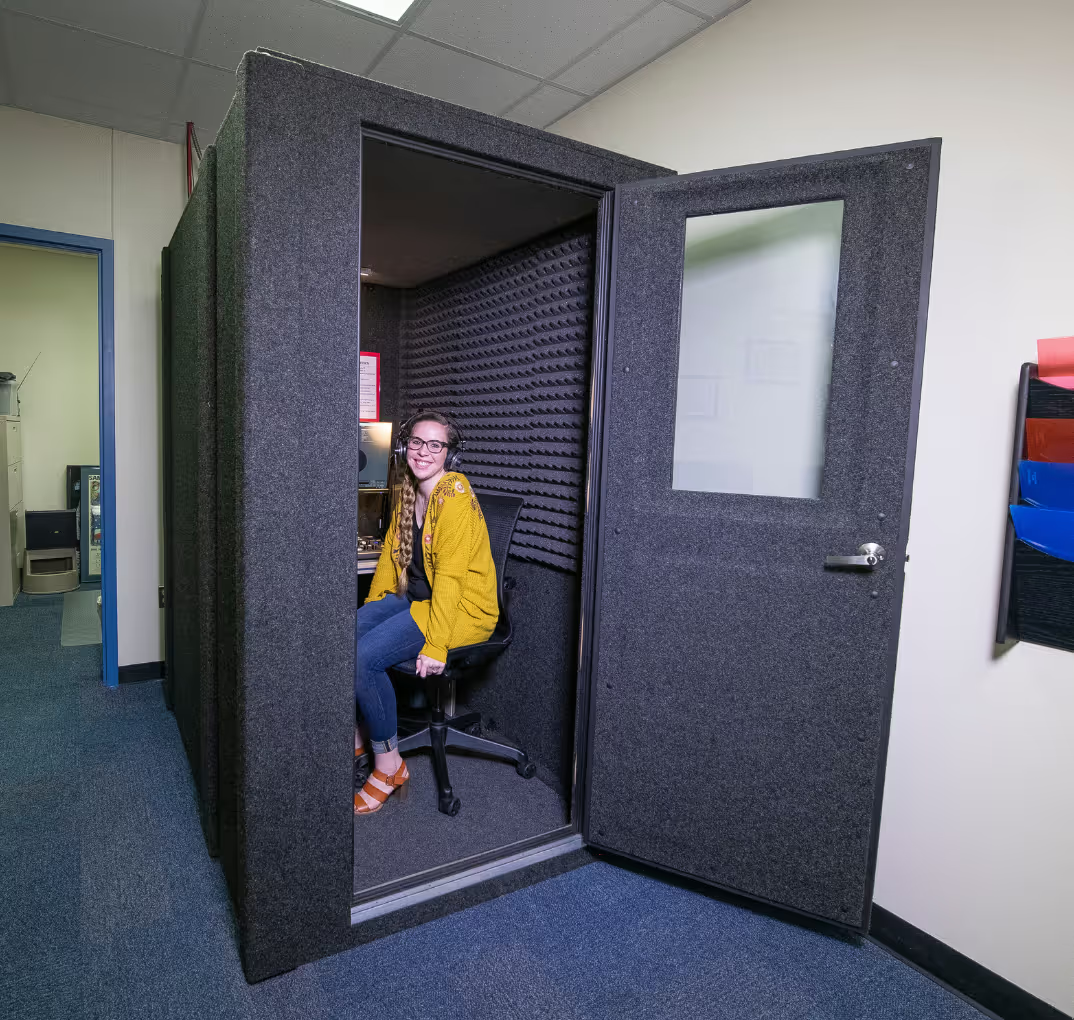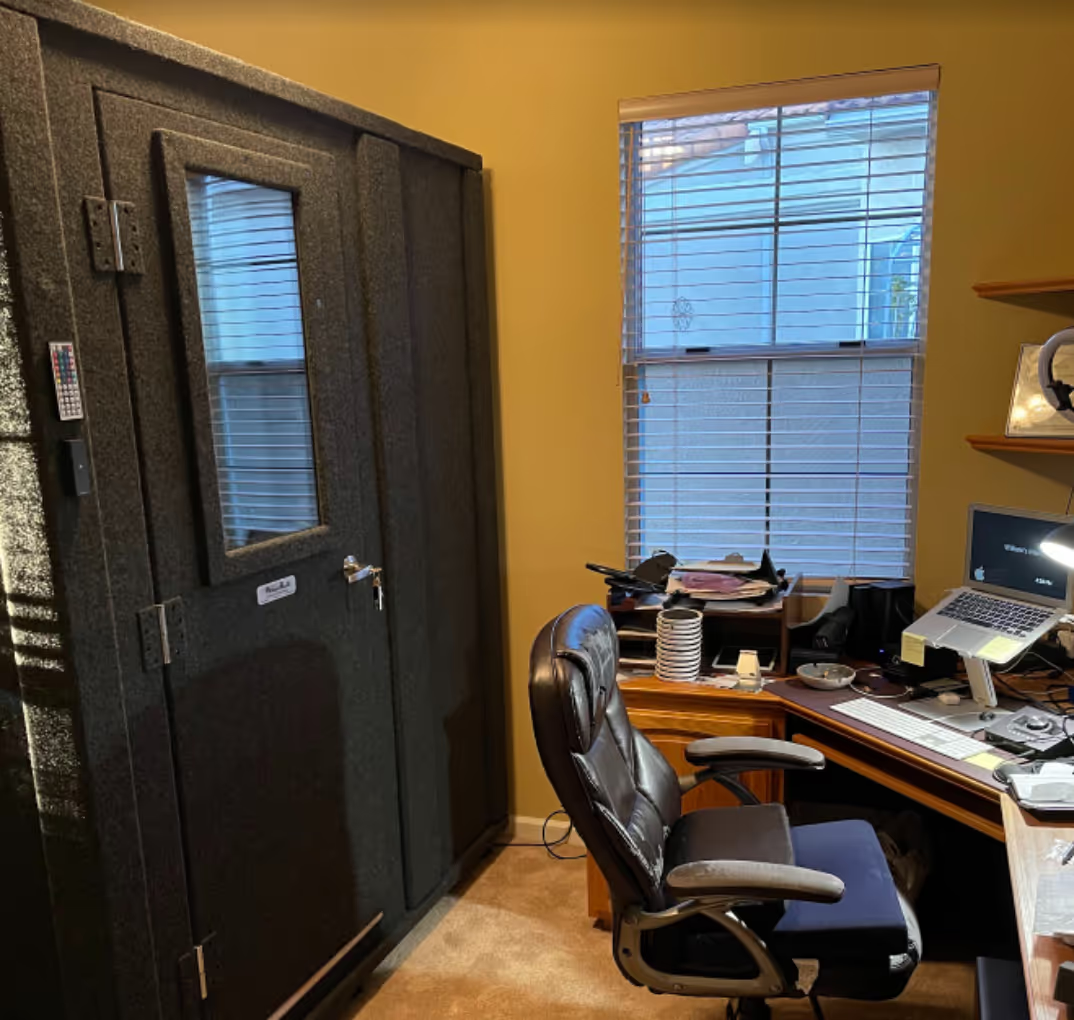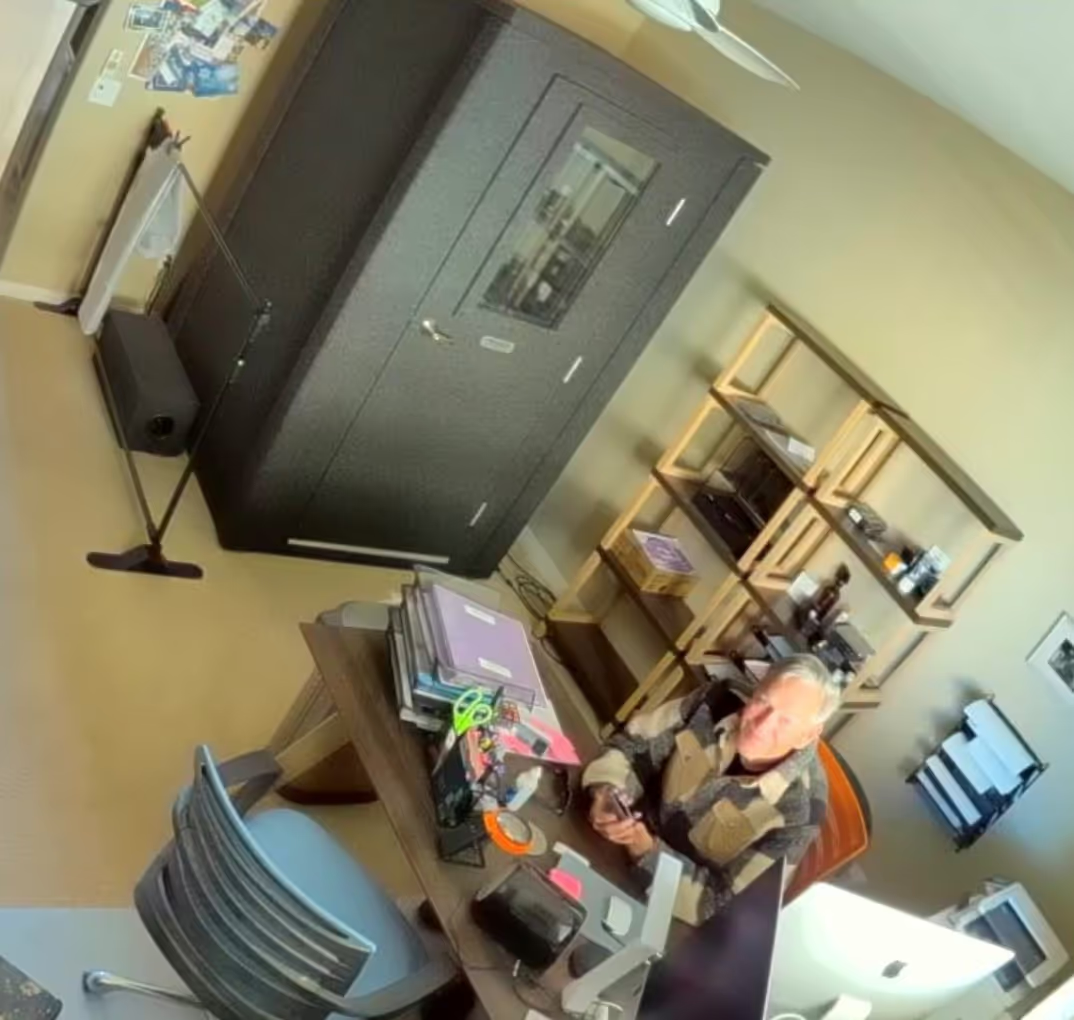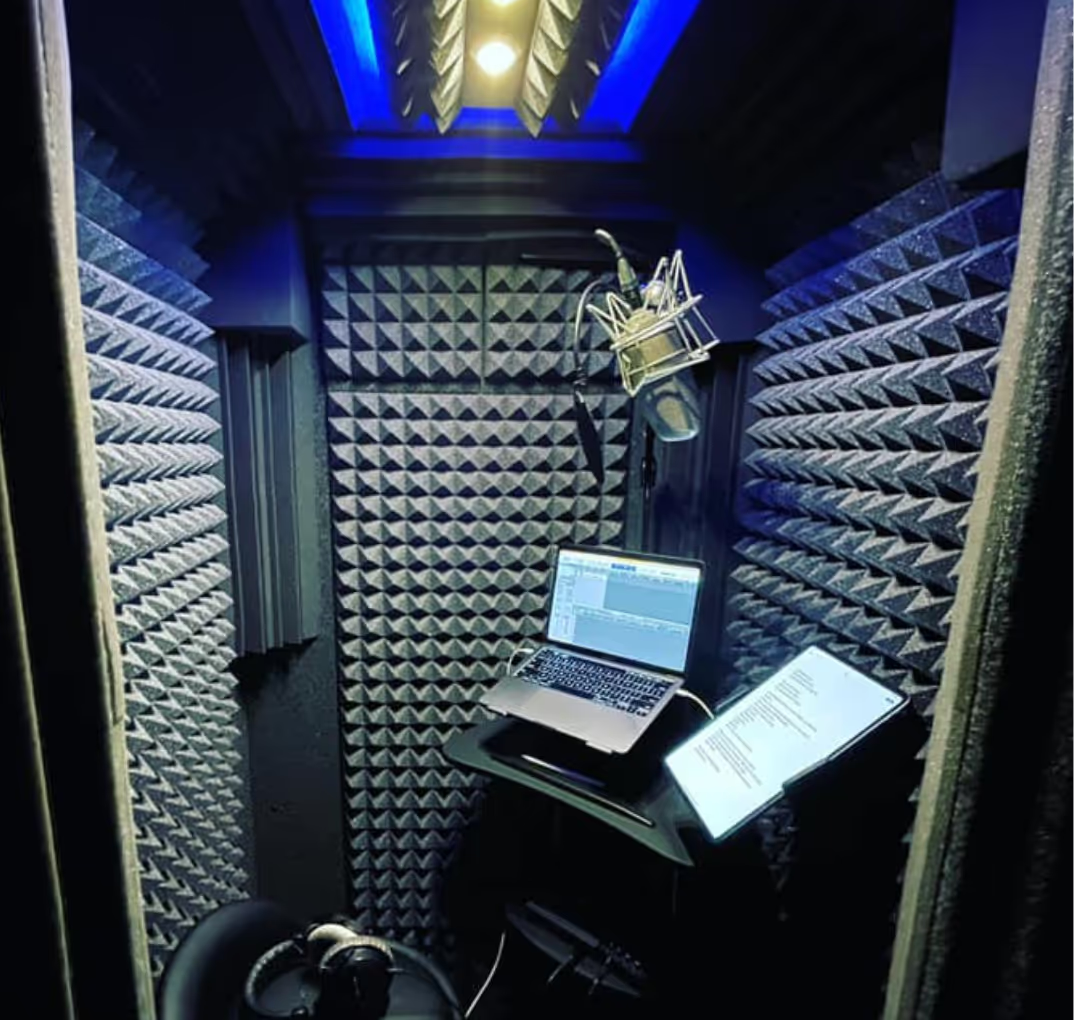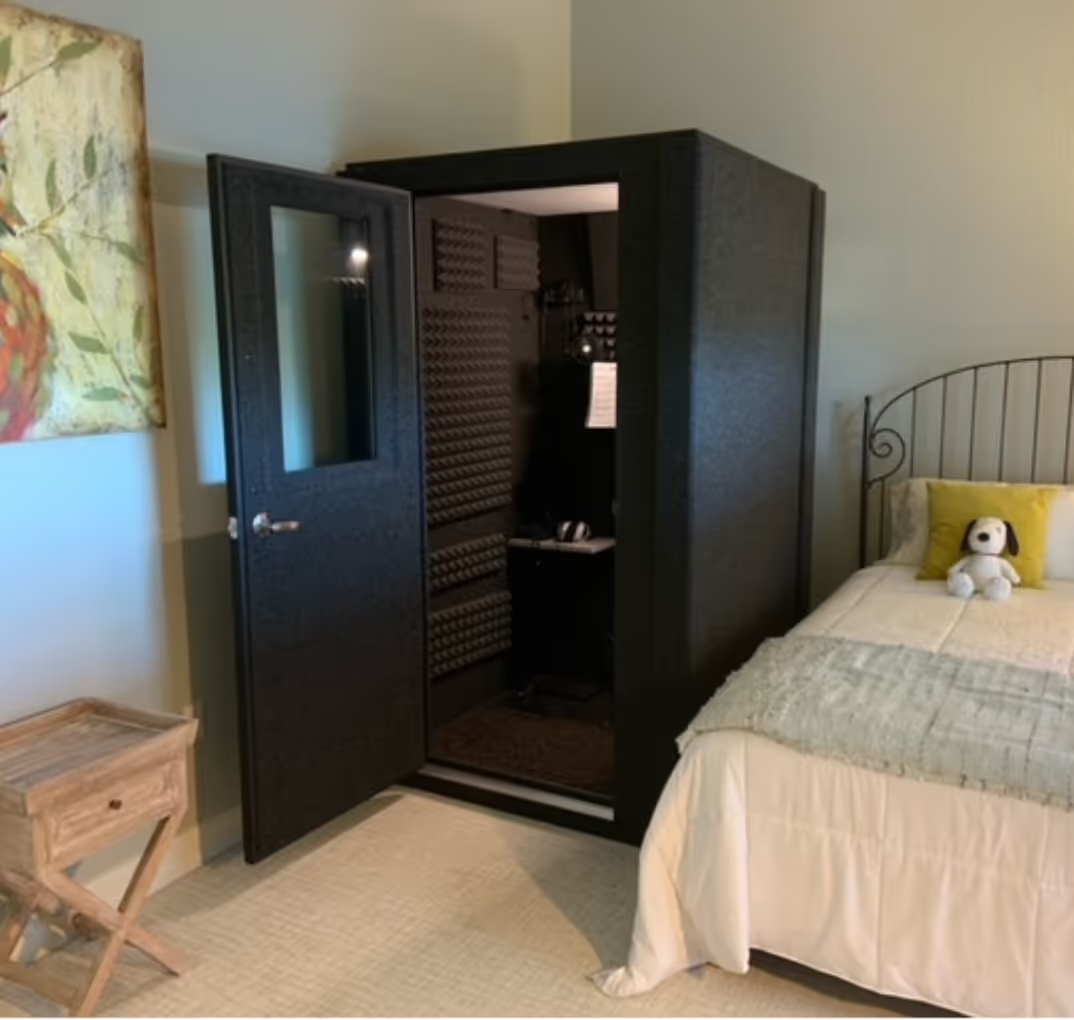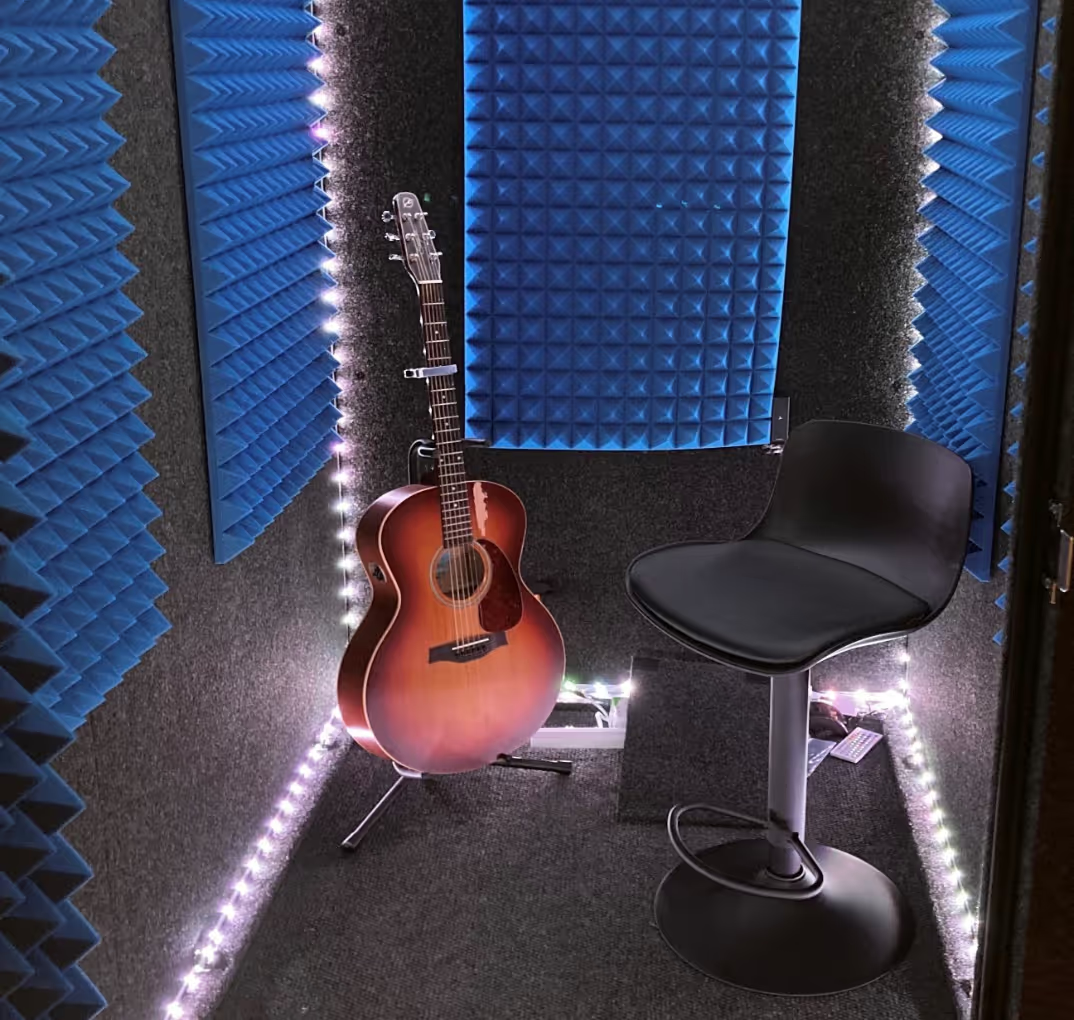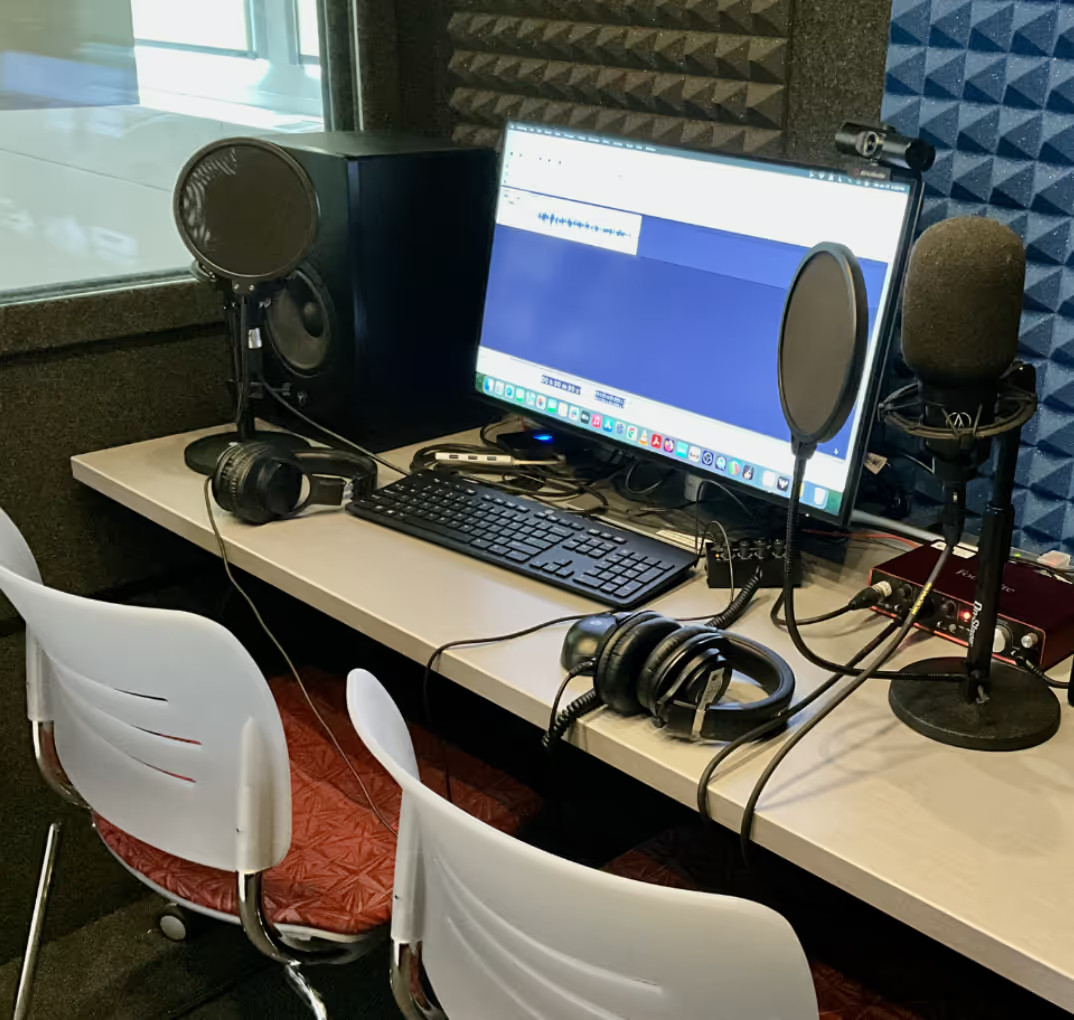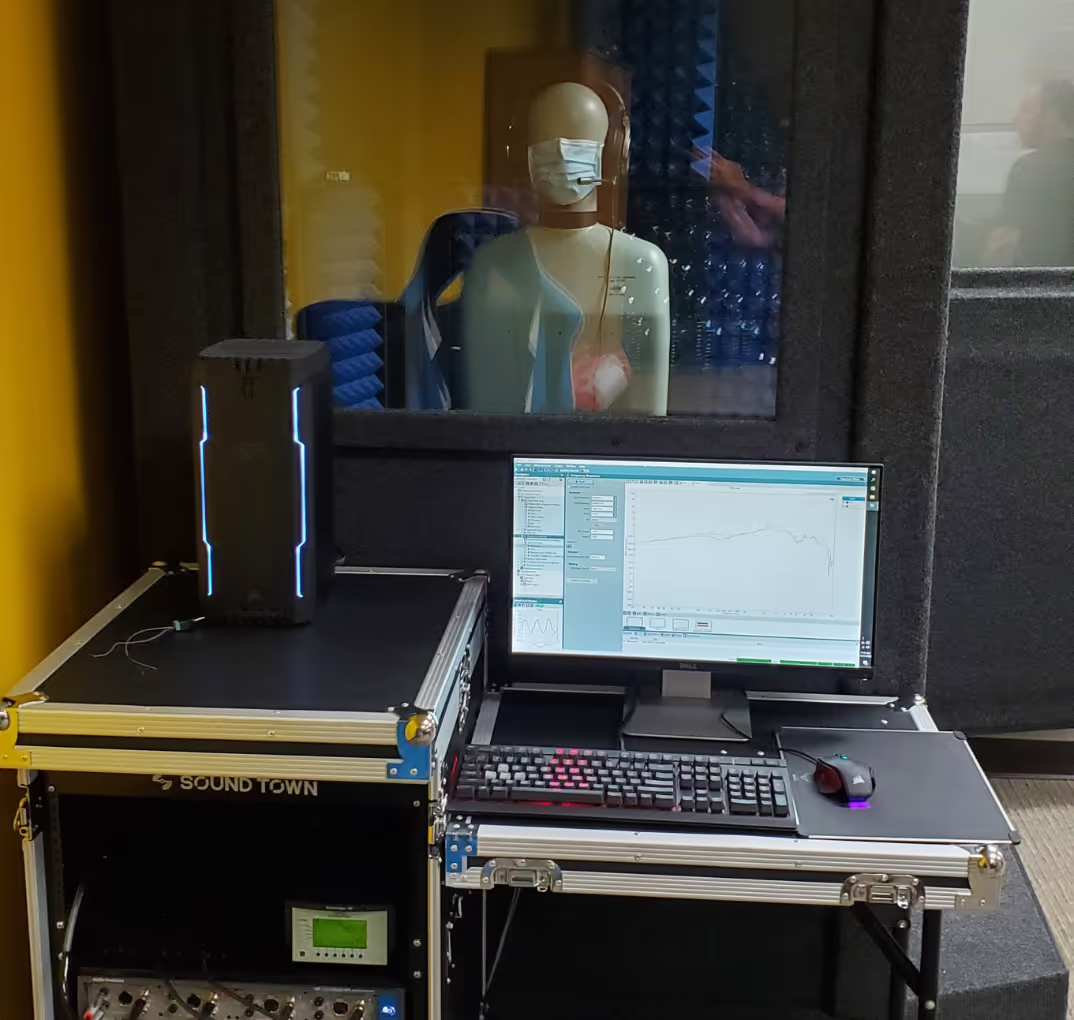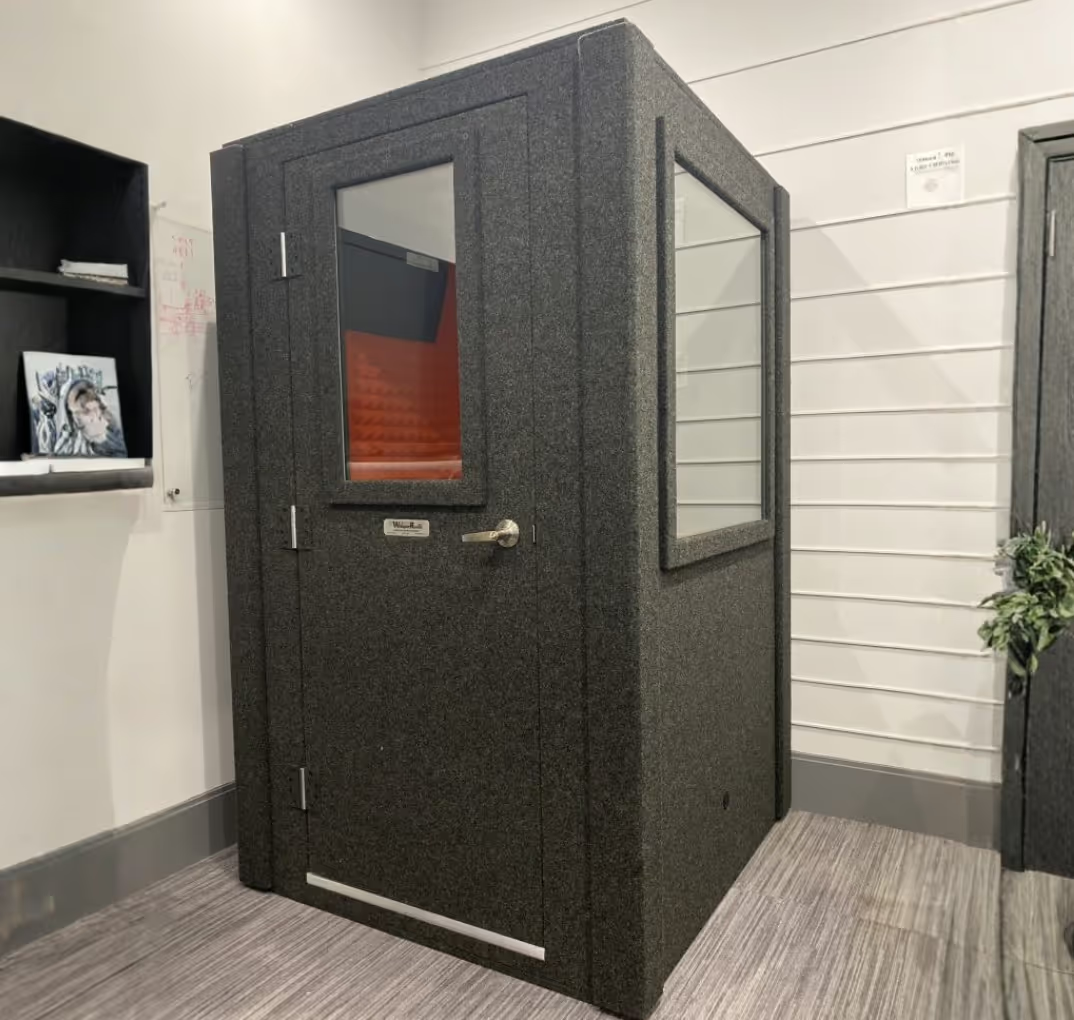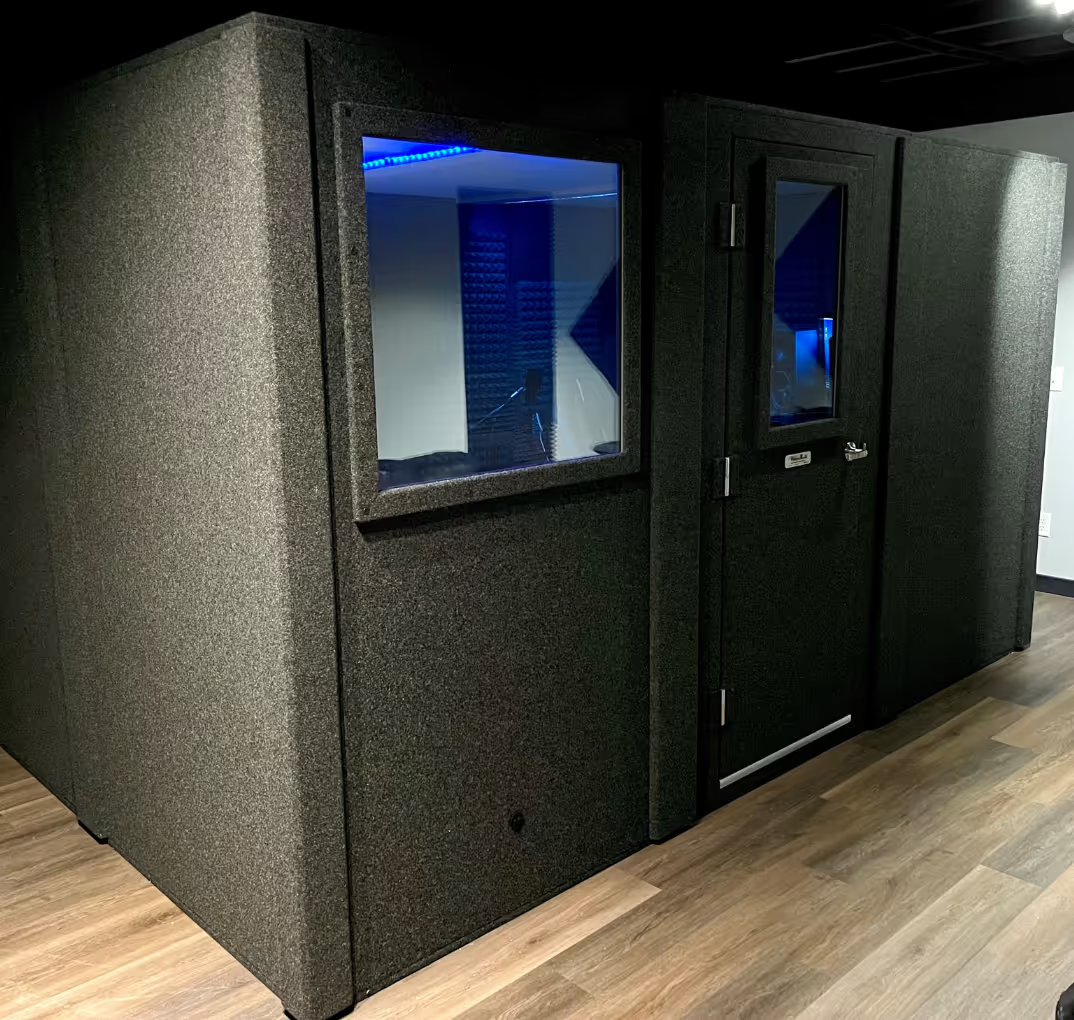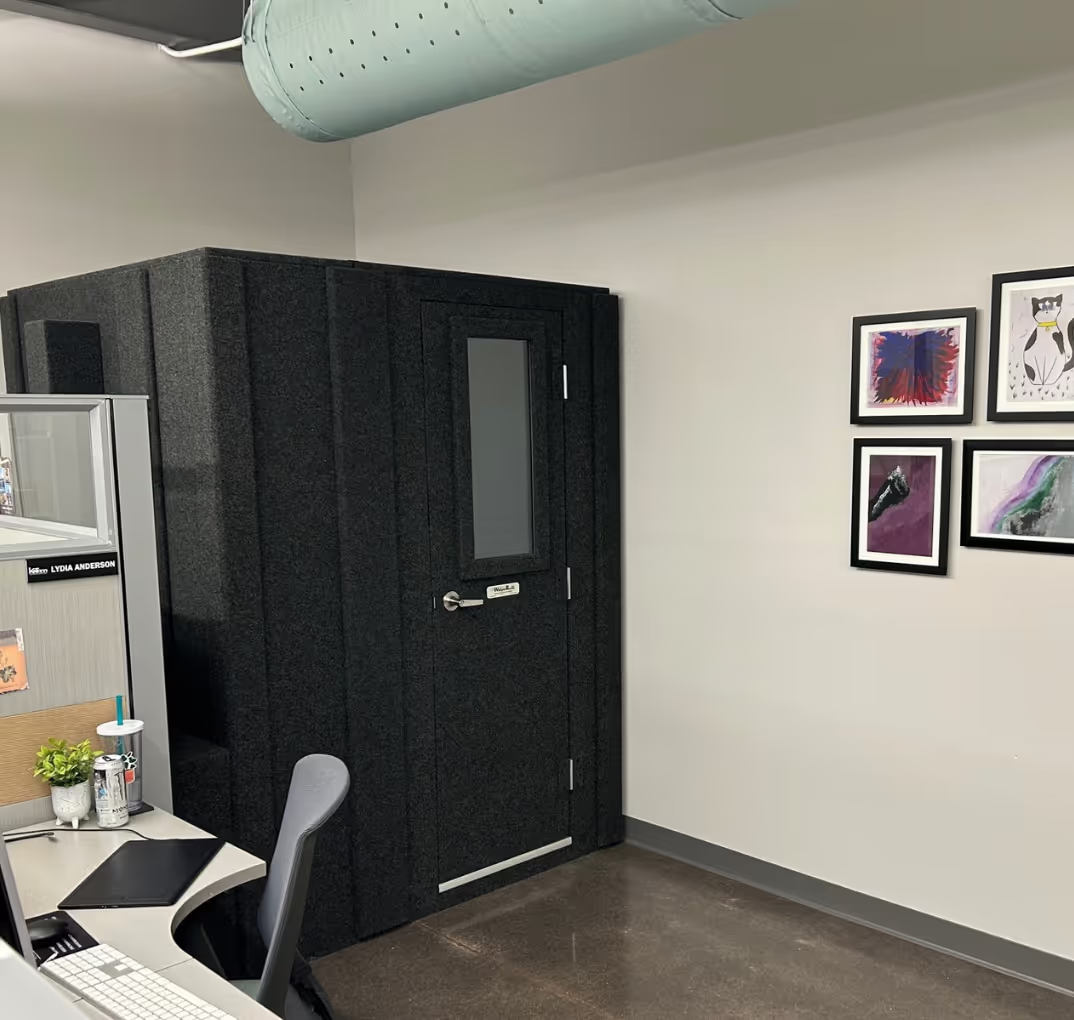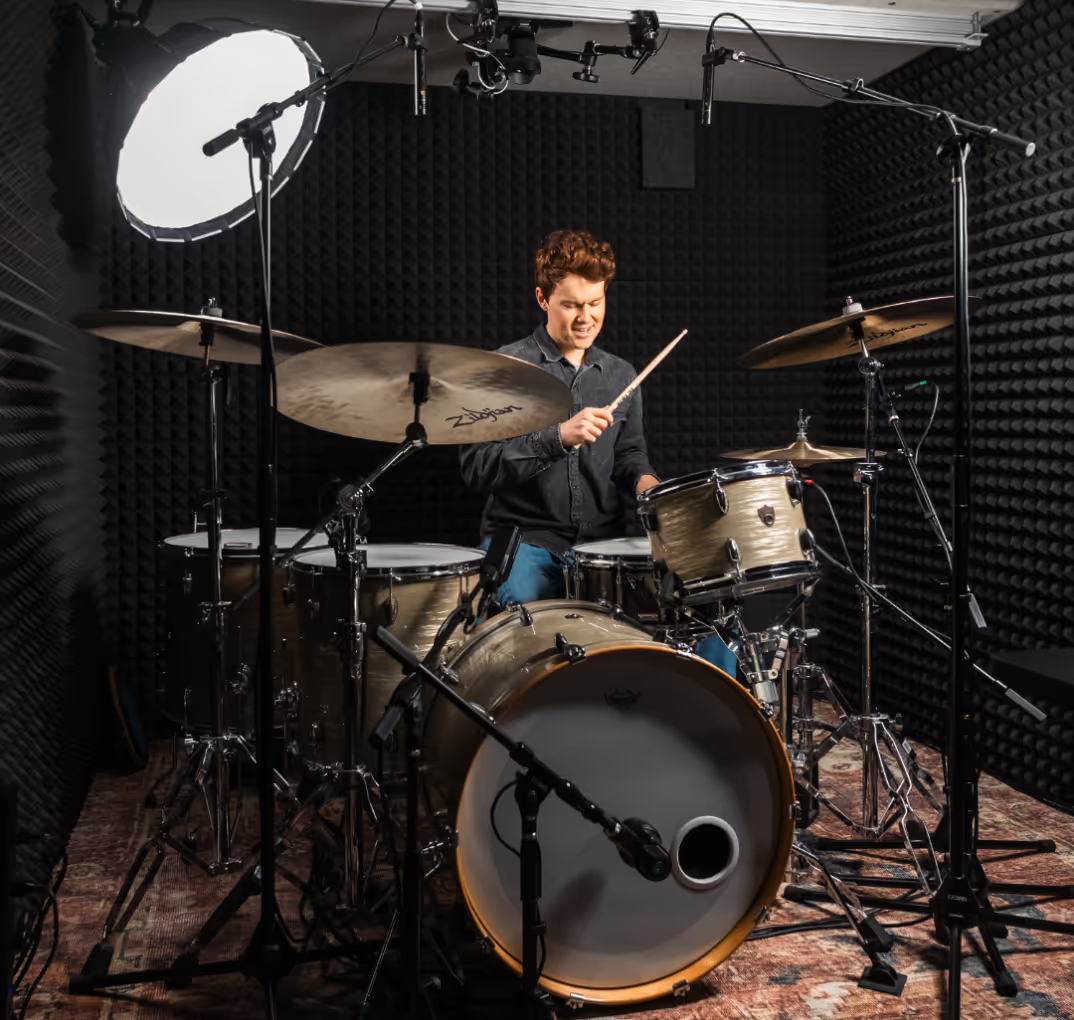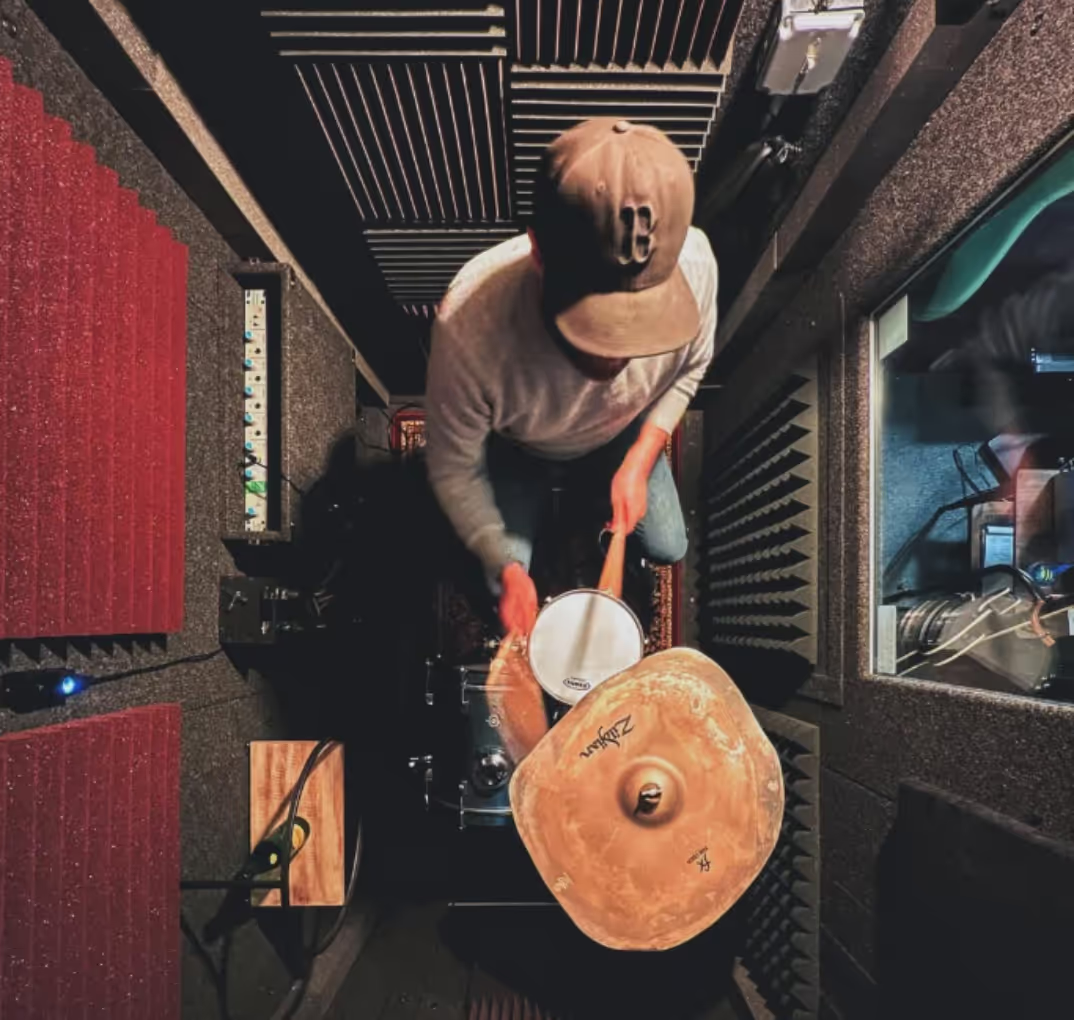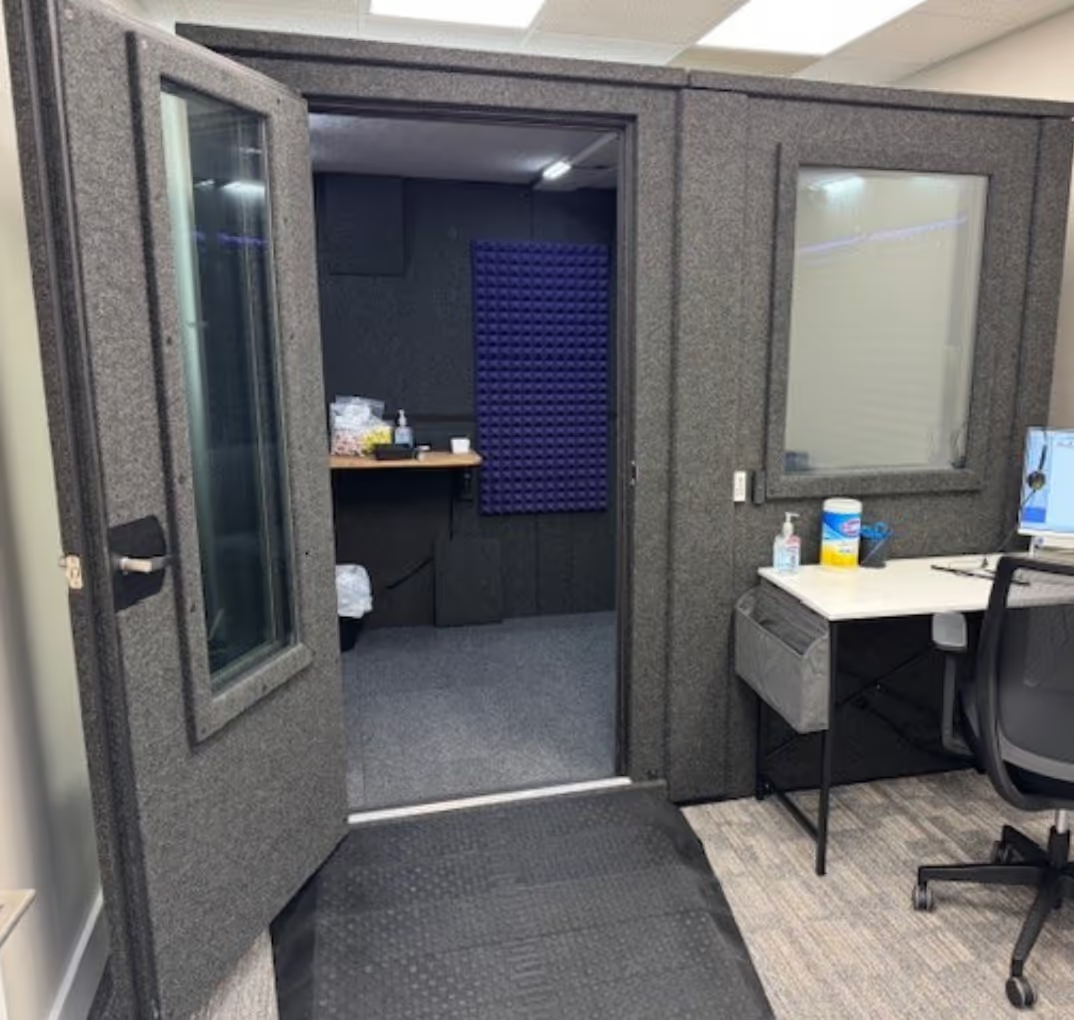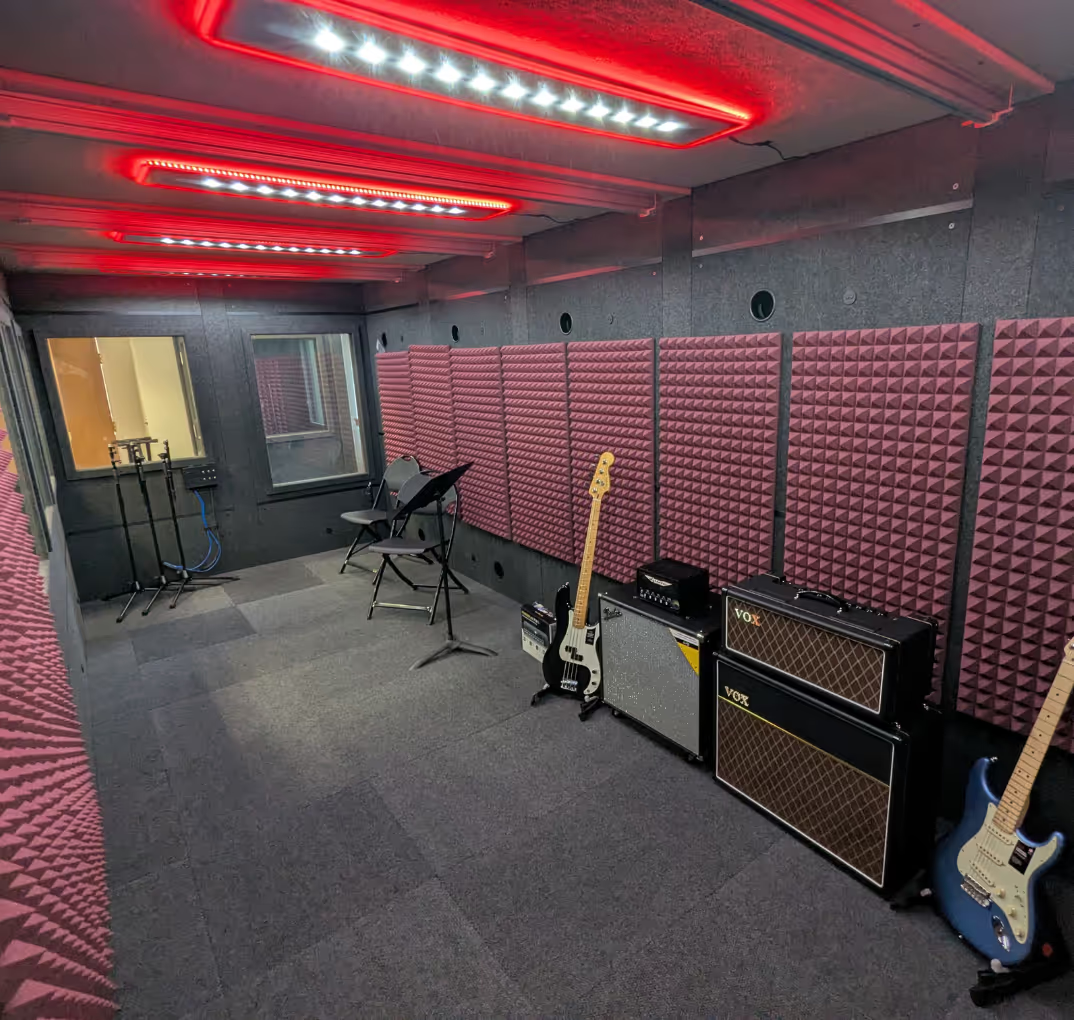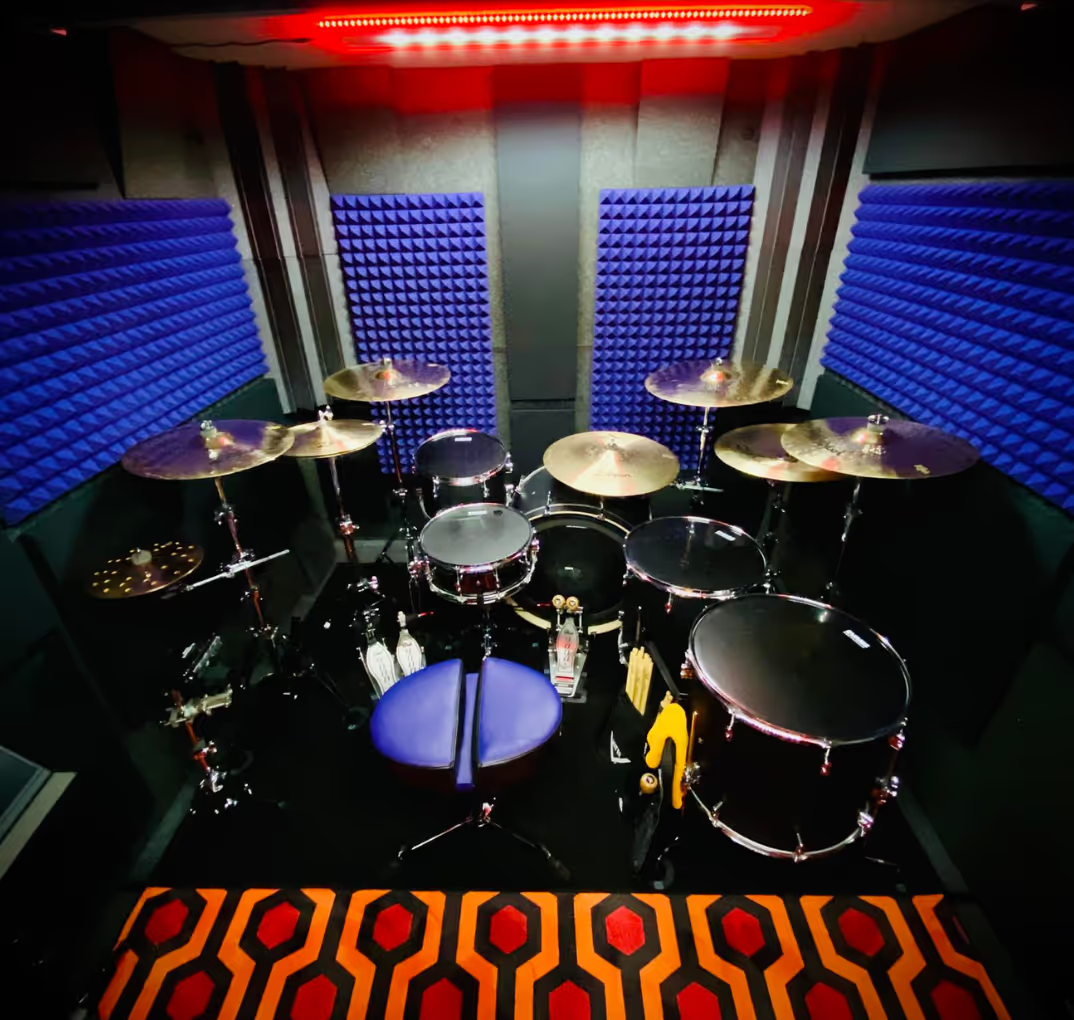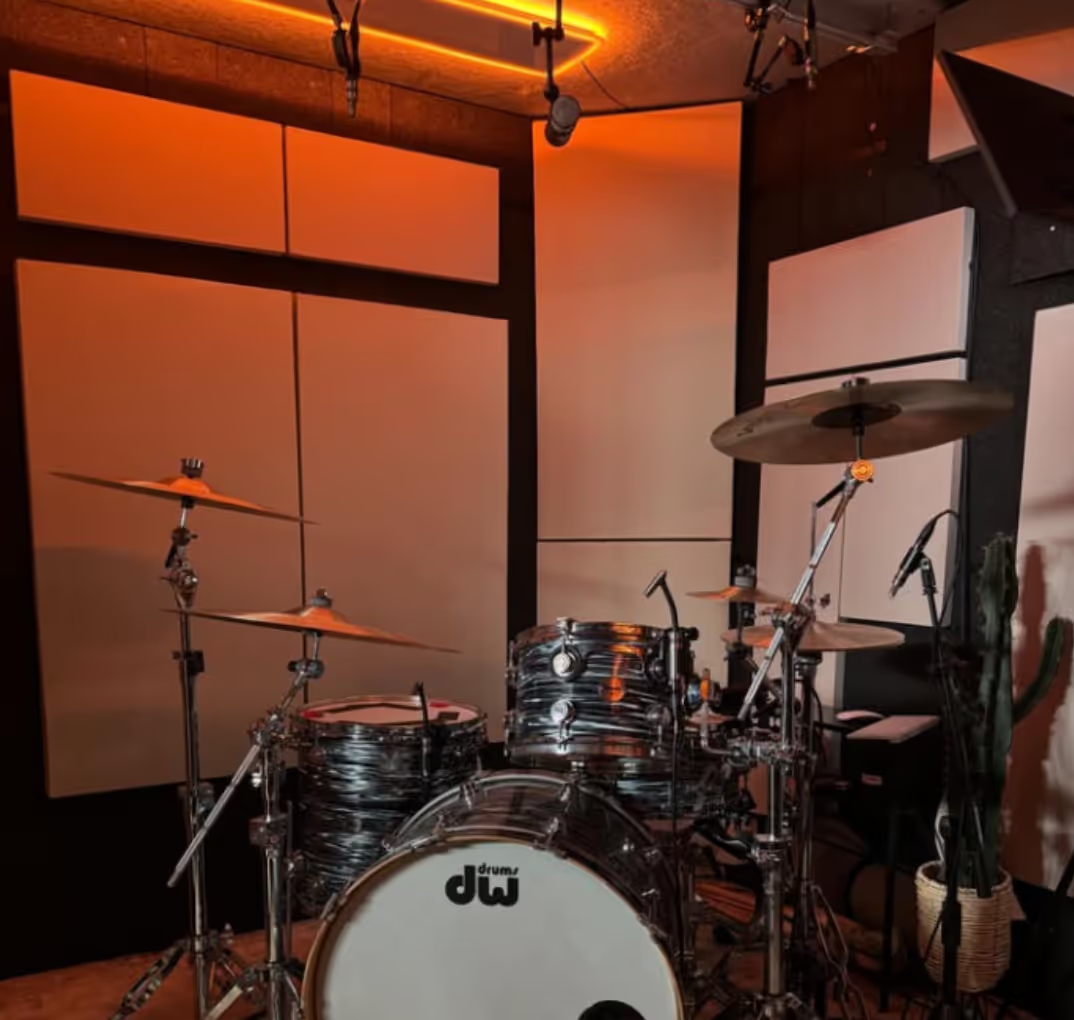It’s not a starring role, but the show can’t go on without it.
If you’re seriously considering how up to become a sound engineer - also known as an audio engineer or recording engineer - you’re signing up to be one of the unsung heroes of the world’s most popular and mysterious industries. Essentially, a career as a recording engineer gives us ordinary people the chance to work in two of America’s most glamorous industries…
Music and film/television.
What Does a Recording Engineer Do?
That’s like asking what a painter does. The two do the same thing, except the recording engineer paints with sound.
Okay, let’s unpack that.
Audio engineers are paid to capture sound and use it to translate ambiguous ideas (read: emotions) into sounds that perfectly compliment the final product. 9 times out of 10, that product will either be music, film, or a television show.
To accomplish such an artistic feat, recording engineers must have complete command of the technology and equipment used to capture and produce sound. They also need to have an appreciation for sound and how it shapes the human experience.
ABC TV & iview explore the role of a sound engineer in their series #TheRecordingStudioAU.
7 Tips to Become a Better Recording Engineer
But how do you build the skills you need for this kind of career in audio production?
We thought you'd never ask. Here are seven tips to help you grow your skillset:
1. Teach Yourself
It’s never been easier to be self-taught than it is right now.
The internet (specifically Youtube) has created a free market for everyone to learn virtually any practical skill in less than an hour. With platforms like Skillshare, Udemy, and other e-learning options, information from any industry has never been more accessible.
It’s also a great time to be an aspiring recording engineer. Most of the technology and equipment used for audio production are now software-based and thus much more affordable than previous industry-standard equipment.
What does that mean for you? It means for an affordable price, you can experiment with Logic, ProTools, Ableton Live, and many others. Experimentation alone won’t make you a professional, however.
You have to learn the craft behind your art form. You can do that by upping your musical IQ. The theory of sound and digital audio production, among other things, are basic skills that you might want to teach yourself to elevate your game and be seen as a knowledgeable professional.
2. Find a Mentor or Internship
There many ways to learn and master a craft, but the quickest way is to find a mentor. Mentors are a great way to cut your learning curve in half or more. With all their knowledge and experience at your disposal, you’re in prime position to get a head start at mastering your craft.

How to Find Mentors:
- Social Media
- Trade Shows / Conferences
- Music Festivals / Showcases
- Your local studios
Check out this article on how to land a mentor once you find one. No, you can’t just ask. There’s an etiquette to this.
3. Work for Free
Sometimes to make money, you have to work for free. Counter-intuitive as that may sound, it’s the truth. When you’re new to any industry, your biggest obstacle is obscurity. No one knows you yet. Nobody knows your work, and no one knows what you’re capable of. And no one cares. And they’ll continue not caring until you show them your value.
How do you do that? Free work.
There are additional benefits to working for free when you’re a recording engineer. It allows you to build valuable relationships with local musicians, who may go on to become regular clients or help you get your foot in the door with major labels and studios.
4. Go to School for It
If all else fails, get a degree.
When considering this route, make sure you do a hefty amount of research. You need to make sure the program you’re entering into has a solid reputation for hands-on education. If you lack connections to mentors or industry pros you can learn from directly, a school may be a good option.
Graham Cochran shares his opinion of audio school on his YouTube channel.
5. Learn to Play Some Instruments
Playing an instrument doesn’t just score cool points with the ladies.
It also really helps develop your game as a recording engineer. If for nothing else, learning to play an instrument will teach you to see music from your clients’ perspective. That will give you the ability to speak a shared language during those long studio sessions.
Here are some tips that will help you boost your musical ear.
6. Understand the Industry
Change is the only constant in life.
Everything else is in a constant state of flux. You can bet that’s true for every industry, but especially music. The music industry has seen some of the most devastating disruptions over the past few decades from the rise and fall of CDs into the new streaming era.
If you want to do well as a recording engineer you’ll need to stay on top of the latest technology, trends, styles, and sounds that govern your craft.
7. Network, Network, Network
For some you, this is the scary part.
It’s also the part that gives you the most bang for your buck. Aside from spending time honing your craft, all of the above tips can be accomplished by networking.
Audio engineering is as much about who you know as it is what you know.
The more people that know who you are and what you can do, the further your career advances. Remember, when you’re starting, your biggest obstacle is obscurity. Networking is the biggest and baddest weapon in the fight against obscurity.

It's Not a Job, It's a Lifestyle
Looking for fame, fortune, and debauchery?
Audio production is, quite frankly, the last place you should look. The music industry is famous for its intoxicating veneer of over-sexed glamour and anti-establishment charm.
The truth is, it’s just as precise and even mundane as your basic office job. Audio engineer and record producer Tim Dalton puts it best, “You may get to wear skinny black jeans and Converse to work, but this doesn’t mean that you are working any less than your friends who have to wear a suit and tie to work in their office.”
The fact of the matter is that even though the product you’re selling is music, you’re still selling a product. And selling requires work.
In most industries, standing out requires spending long hours in high-stress, ultra-competitive environments. The music industry is no different.
Still wondering how to become a sound engineer? To do it, you have to live it. To live it, you have to love it. Otherwise, grab a suit and tie and head for your nearest 9 to 5.








.avif)
.avif)
.avif)

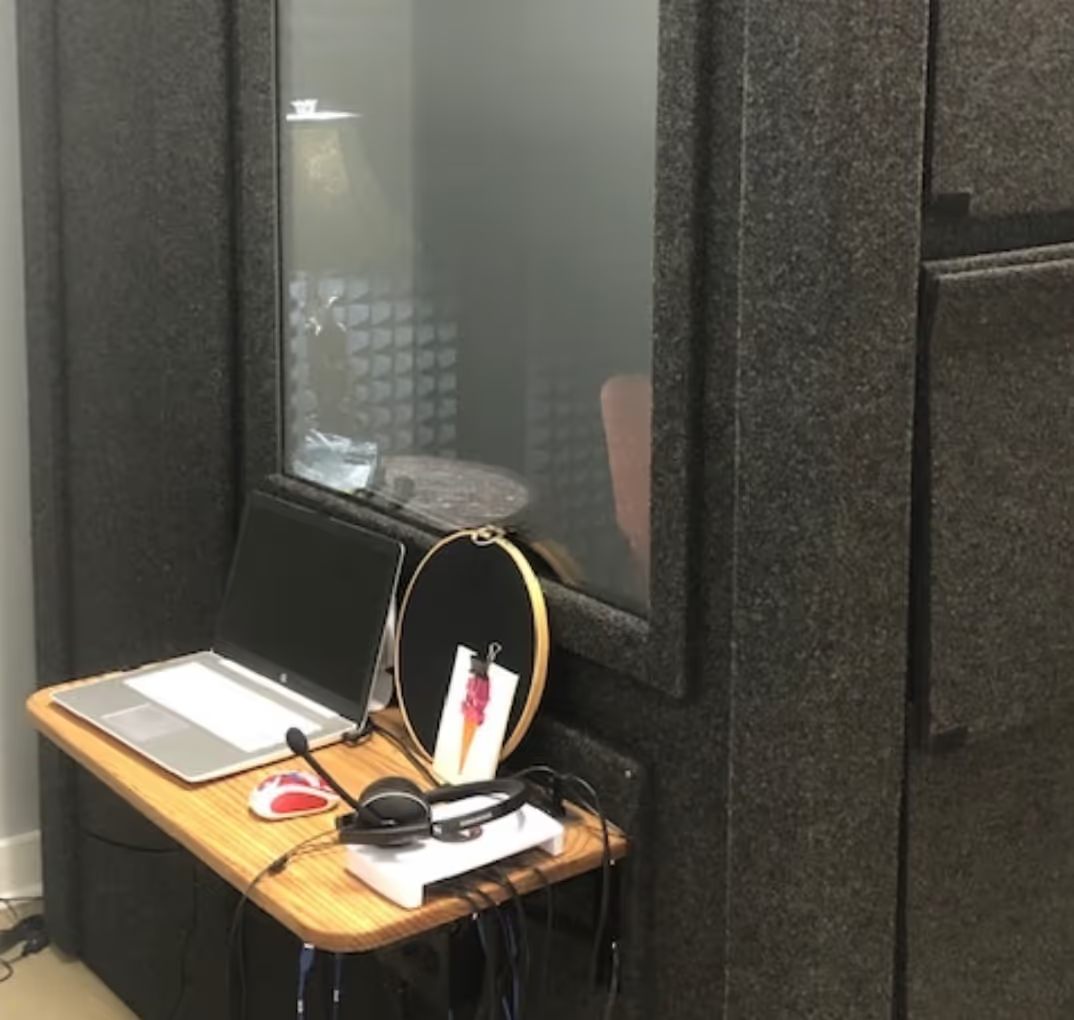
.avif)
.avif)

.avif)
.avif)
.avif)
.avif)
.avif)
.avif)
.avif)
.avif)
.avif)
.avif)
.avif)
.avif)
.avif)
.avif)

.avif)
.avif)

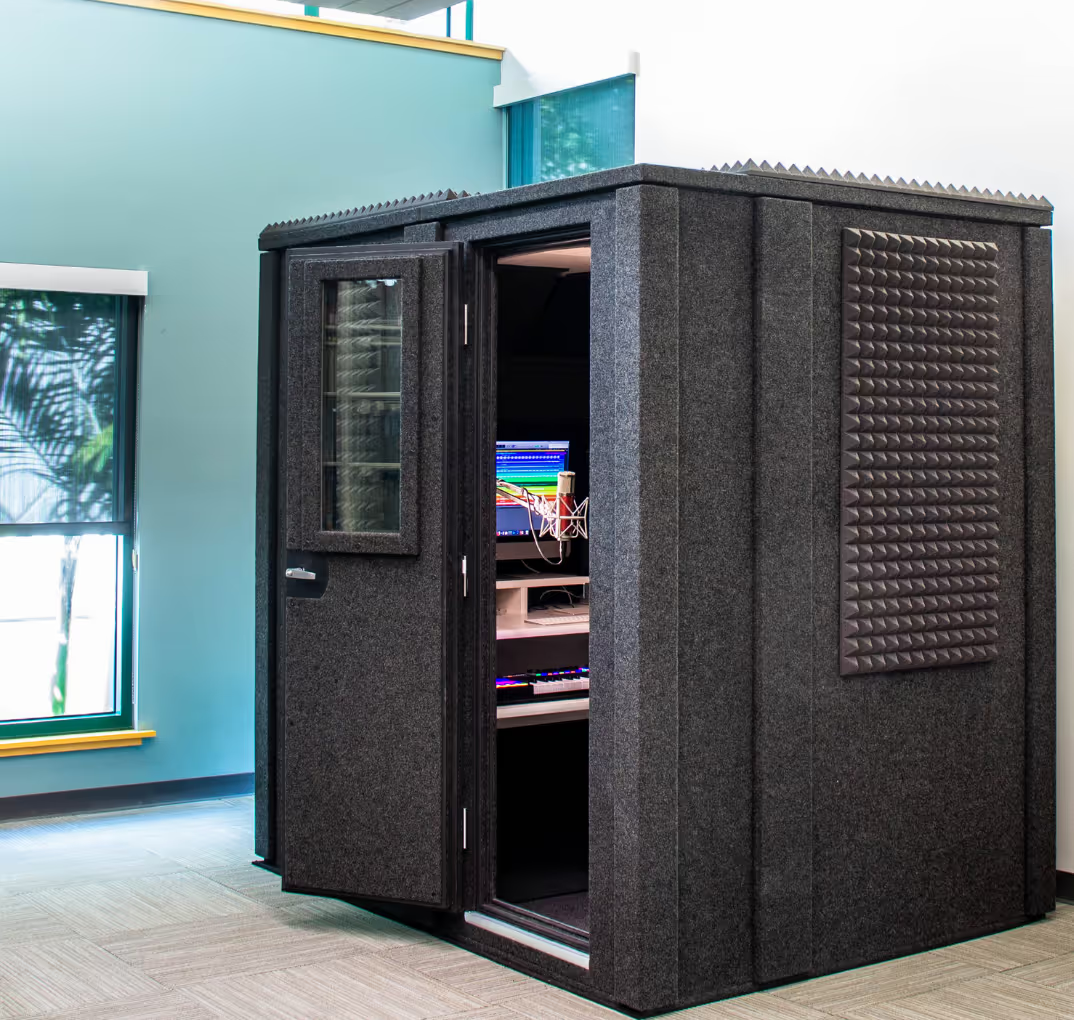
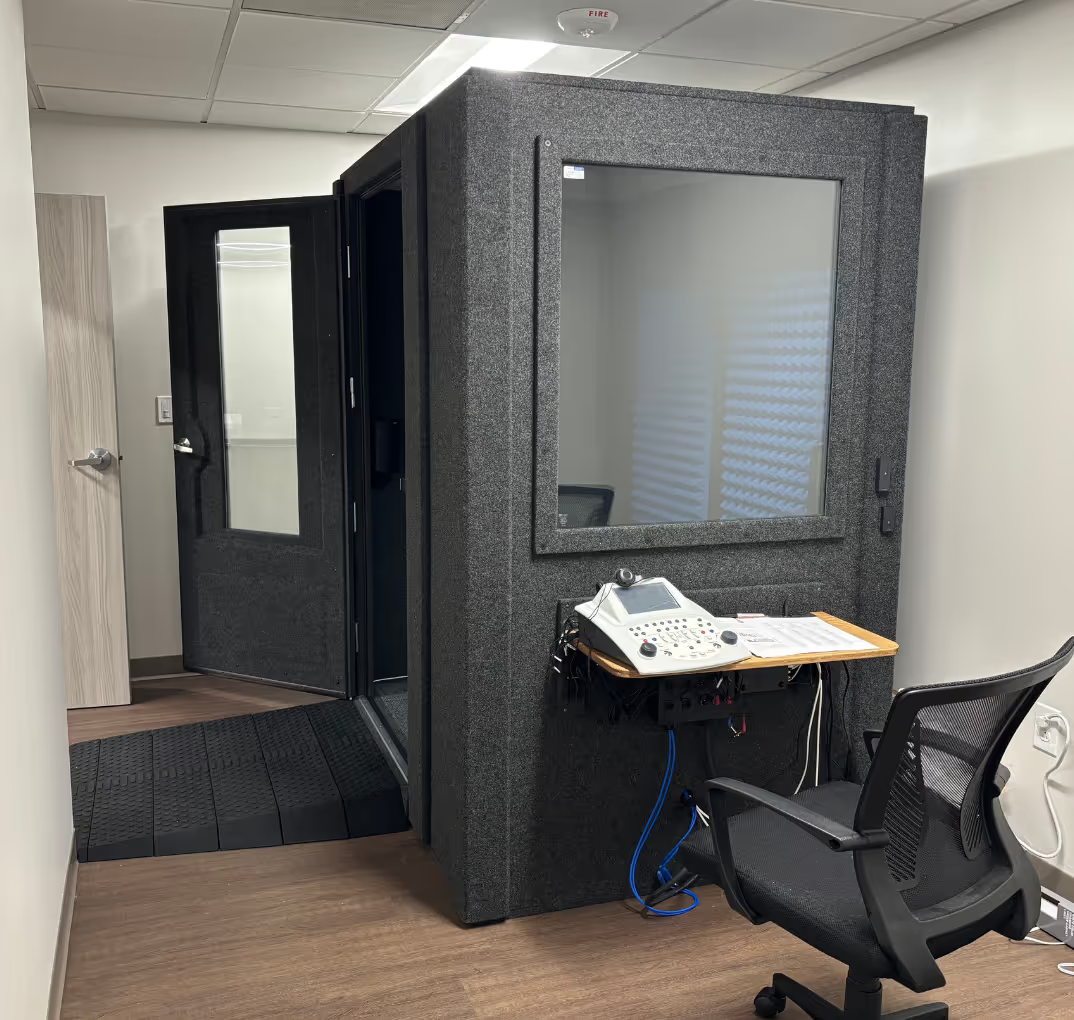
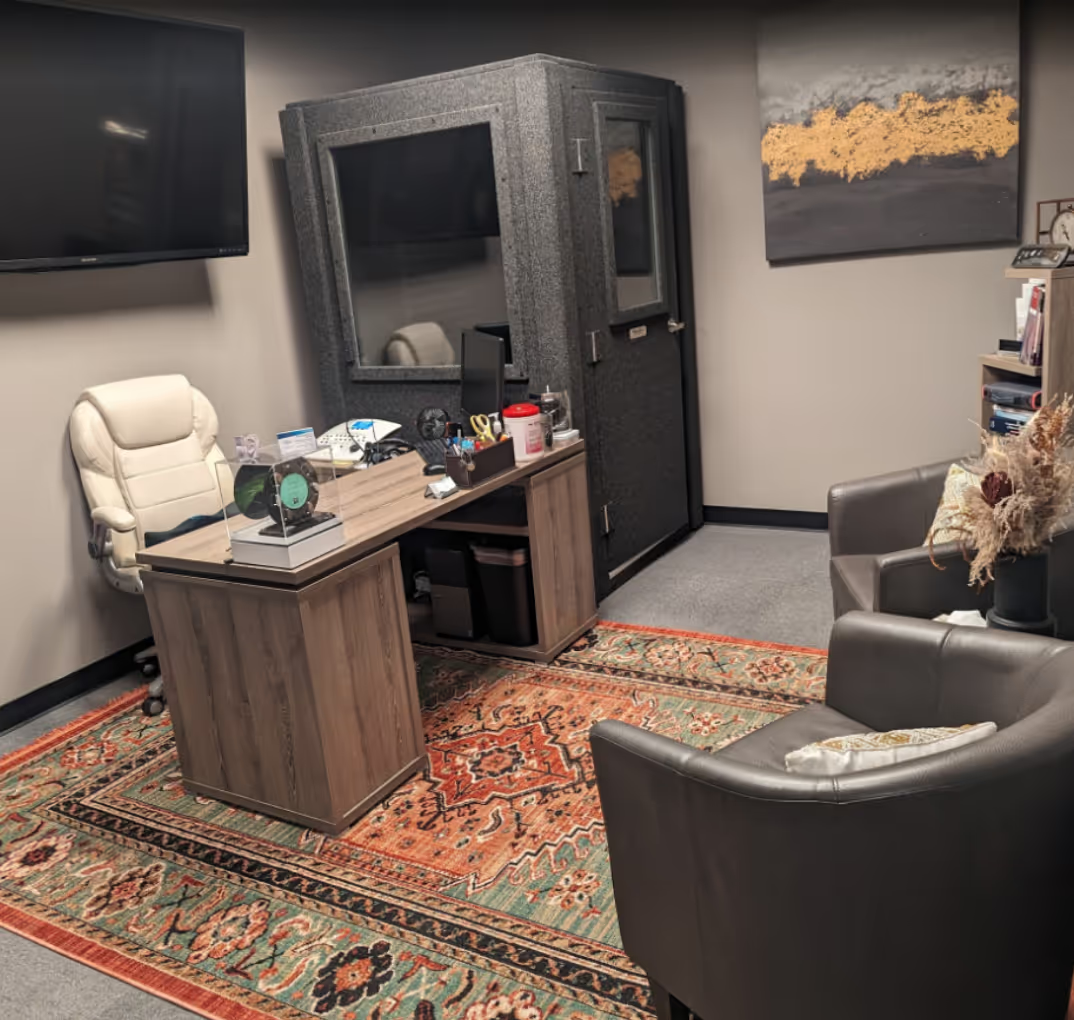

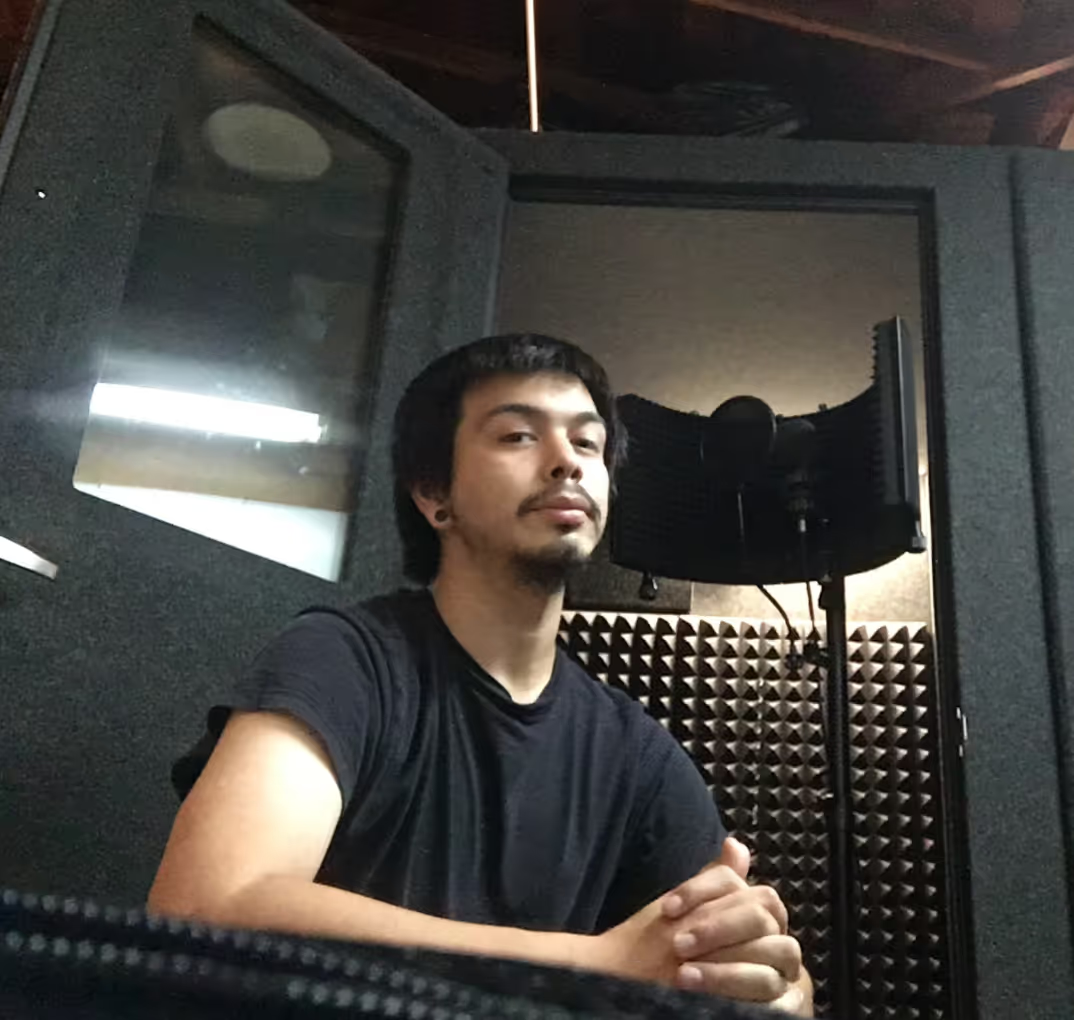
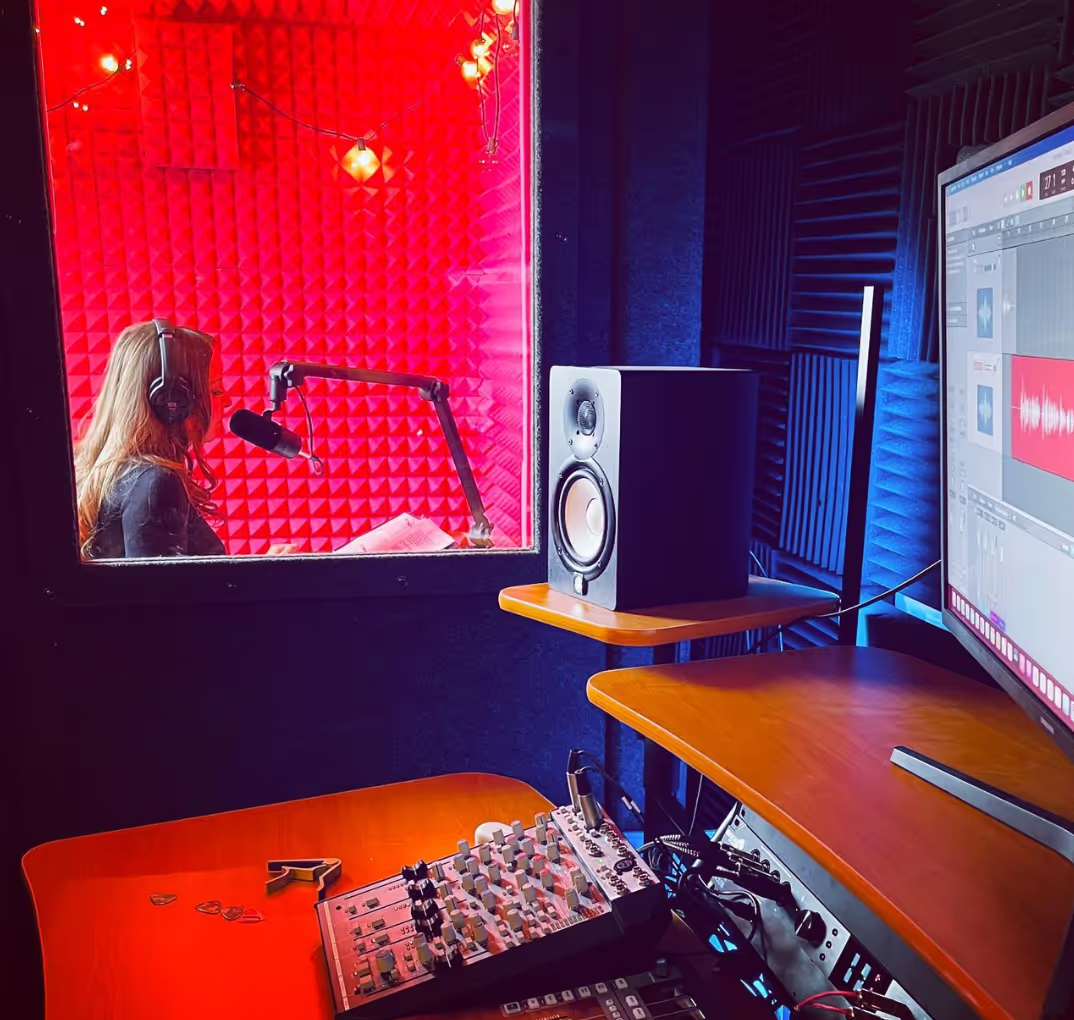
.avif)

